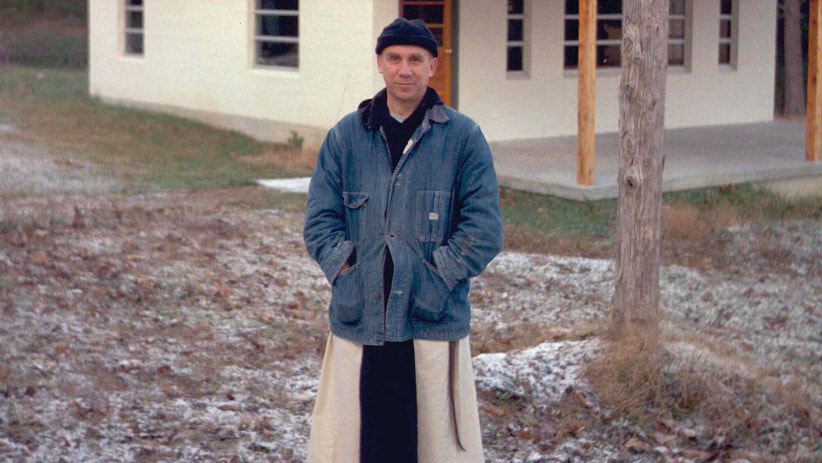This penchant for disassembling, along with the establishment of hierarchies of values and the relative importance of "this" or of "that", creates the illusion of the spiritual life. And this disassembling leaks out into every aspect of our lives: hasn't someone, at least once, asked you, "How's your sex life?" Or, "What do you do for a living?" Or, "What are your career goals?" And the father-in-law-to-be wondering if you'll shave your beard or cut your hair before the wedding?
And then, of course (supremely), there is the Question of God! It's at about this point that the wisdom of atheism begins to appear truly wise. I mean, we are expected to funnel an unlimited amount of "bullshit" down our throats in order to simply cope with the details of our meaningless lives! And here we are also expected to know the inner life of an invisible "God" and take on the burden of refusing to doubt when we can look around and see a dying planet, starving kids, greedy bastards, and wanna-be Kings acting as if they are the "Gods"... If it is finally clear that "they" want you to be stupid, isn't it then time for the great refusal: there is no God, there is no meaning, just as there is no purpose...
On the other hand, wisdom is the intentional cultivation of both gratitude and wonder. To have become, relatively speaking, a living, breathing, conscious being in a nearly 14 billion year old Universe is a pretty remarkable thing: doesn't this "remarkable thing" call forth the gall of wonder? And, if even for just the briefest of moments, to have been touched (perhaps even loved) by another human being is also remarkable: and doesn't this "remarkable thing" call forth the gall of gratitude? The bold wow! of wonder and gratitude are the reason why song and poetry were invented: why the kiss is so foundational to culture and civilization: why the ancient shaman danced: why the stunning fact of fertility was worshipped: and why the mystery of seeds rooted the ancient (and still current) need for most humans to pause in the very midst of living?
Delving deeper, a philosophical practice of "Not This, Not That" can begin to illuminate the vast field of metaphysics and human consciousness. Ancient sages of India used this core insight as means to develop the cosmic philosophy of their later writings collected in what came to be known as The Upanishads: writings that were once talked about in forest "academies", much like the academies of Socrates or of Pythagorus in ancient Greece. What is life about? What does death mean? What is a human being? Is there a Cosmic Consciousness? How do I live my life? And this is what I want to propose to you: that you take up, sort of like a meditation mantra (holy word), two specific words, related to "Not This, Not That", and they are Not Two...
Your life is "Not Two": spiritual and ordinary. Every moment of life is always "Only One": or as Rumi the poet wrote, "How you make love is how God will be with you.!" The easy divisions of the politicians are a flimflam upon which to build a life: so is that of any religionist who dabbles in a "spiritual life": for religion, or spirituality, is every moment, everything that you do. There is no "this and that". Seriously, your bed is as much an altar as anything in a temple: your kitchen, dining gathering, garden, work, recreation, tattoo, hair, hands, everything is your spiritual life... which is the only life that you have: pausing in the midst of living, is the sabbath of the heart, and then moving forward with the conviction of "Only One" and the opportunity of loving...

 RSS Feed
RSS Feed